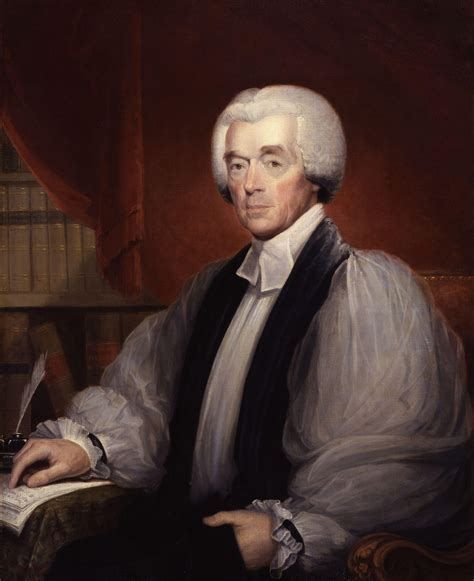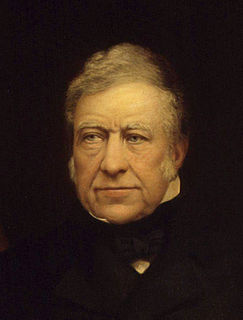A Quote by Edward Gibbon
[It] is the interest as well as duty of a sovereign to maintain the authority of the laws.
Related Quotes
In the purer ages of the commonwealth, the use of arms was reserved for those ranks of citizens who had a country to love, a property to defend, and some share in enacting those laws which it was their interest, as well as duty, to maintain. But in proportion as the public freedom was lost in extent of conquest, war was gradually improved into an art, and degraded into a trade.
The members of a body-politic call it "the state" when it is passive, "the sovereign" when it is active, and a "power" when they compare it with others of its kind. Collectively they use the title "people," and they refer to one another individually as "citizens" when speaking of their participation in the authority of the sovereign, and as "subjects" when speaking of their subordination to the laws of the state.
It is the interest of every man to live as much at his ease as he can; and if his emoluments are to be precisely the same, whether he does or does not perform some very laborious duty, it is certainly his interest, at least as interest is vulgarly understood, either to neglect it altogether, or, if he is subject to some authority which will not suffer him to do this, to perform it in as careless and slovenly a manner as that authority will permit.
The discipline of colleges and universities is in general contrived, not for the benefit of the students, but for the interest, or more properly speaking, for the ease of the masters. Its object is, in all cases, to maintain the authority of the master, and whether he neglects or performs his duty, to oblige the students in all cases to behave toward him as if he performed it with the greatest diligence and ability.
I believe in the United States of America as a government of the people, by the people, for the people, whose just powers are derived from the consent of the governed; a democracy in a republic; a sovereign Nation of many sovereign States; a perfect Union, one and inseparable, established upon those principles of freedom, equality, justice, and humanity for which American patriots sacrificed their lives and fortunes. I therefore believe it is my duty to my country to love it, to support its Constitution, to obey its laws, to respect its flag, and to defend it against all enemies.
Anarchy, when it works to destroy authority in all its aspects, when it demands the abrogation of laws and the abolition of the mechanism that serves to impose them, when it refuses all hierarchical organization and preaches free agreement - at the same time strives to maintain and enlarge the precious kernel of social customs without which no human or animal society can exist. Only, instead of demanding that those social customs should be maintained through the authority of a few, it demands it from the continued action of all.
Those laws, being forged for universal application, are in perpetual conflict with personal interest, just as personal interest is always in contradiction with the general interest. Good for society, our laws are very bad for the individuals whereof it is composed; for, if they one time protect the individual, they hinder, trouble, fetter him for three quarters of his life.
The laws keep up their credit, not by being just, but because they are laws; 'tis the mystic foundation of their authority; they have no other, and it well answers their purpose. They are often made by fools; still oftener by men who, out of hatred to equality, fail in equity; but always by men, vain and irresolute authors.




































